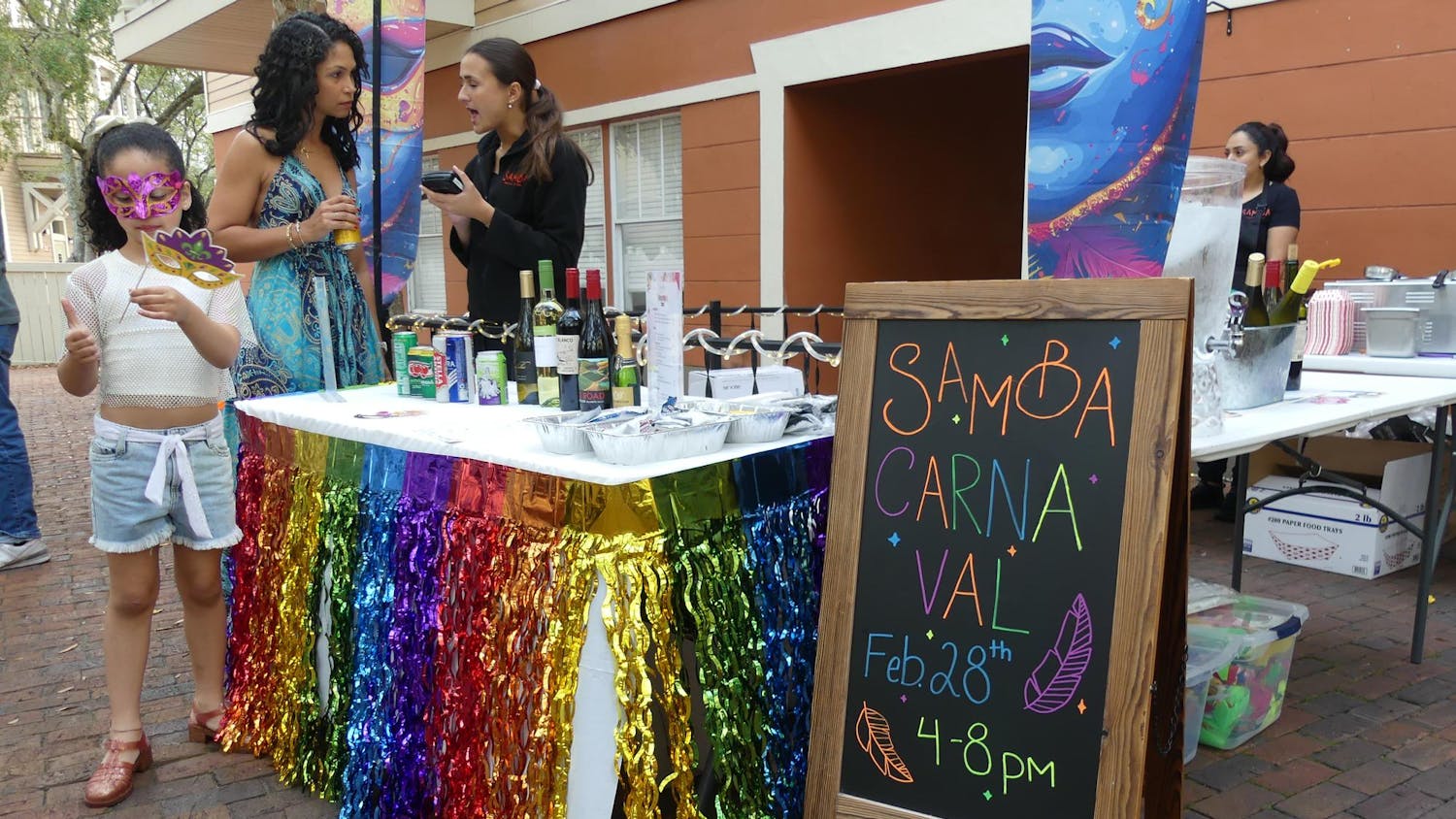It was 1969 when Jay Herron was raped for the first time in a detention-center bathroom.
Herron, then 18, was straight out of boot camp in the Navy and on leave the day before New Year's Eve.
He was to take a bus from Norfolk, Va., to his parents' house in Washington, D.C., but a blizzard caused a life-changing miscommunication, resulting in his arrest for being away without official leave.
After being incarcerated in the detention center that night, he said he continued to be sexually assaulted for the next two months.
It was more than 30 years before Herron, now 56, dealt with his experience, which caused relationship problems, unemployment and substance abuse in his adult life, he said.
"The crime doesn't stop because someone is gratified," he said. "It continues throughout their lives."
In an effort to raise awareness about male sexual assault and to give men a place to talk about their past experiences, Alachua County Victim Services is forming a support group for adult male survivors of sexual abuse that will start in January.
The group's meetings will consist of an hour-and-a-half-long session each week for 10 weeks.
Herron did not talk about his experience after it happened because the first time he tried, he was laughed at.
People think "this kind of thing doesn't happen to men," he said.
The sad thing about it, he said, is there are probably countless men who are just afraid to come forward.
Most survivors know their attacker, so the biggest thing taken away from them is trust, Herron said.
Survivors have to learn to trust again. It is difficult, but the support group will help, he said.
Herron did not find any support for his experience until a routine check-up at a Department of Veterans Affairs Hospital three years ago.
He was asked if he suffered from depression, and he said "sure." He was then asked if he would want someone to talk to, and he again said yes.
But instead of getting a listening ear, Herron was given a bottle of pills to ease his depression, which he dumped in the toilet, he said.
When he reported back and told the VA what he had done, he was sent to a psychiatrist, who gave him more pills.
He flushed those down the toilet, too.
He wrote the VA, saying that he did not see the point of the pills. He had already experienced all the drugs and alcohol he wanted.
"In the morning, the drugs were gone, but the memory was still there," he said.
The memories of his assaults have molded his life in many ways, he said. It is almost unbearable for him to go into public places because he thinks of his past and gets scared.
One day, he was in The Oaks Mall and could not leave because he was too afraid. He found a pay phone and called 911.
"They treated me like I was a nutcase," Herron said of the emergency personnel who arrived, "but I wasn't a nutcase."
Herron is now on the Alachua County Rape and Sexual Assault Advisory Board.
Rita Lawrence, a victims-advocate counselor, said he is one of the main forces behind the formation of the support group for adult male survivors.
Lawrence, co-facilitator of the support group, said Alachua County has never formed a support group for male survivors
She said men have attended the Survivors of Rape Trauma support group in the past, but because the group is mostly women, it did not meet the specific needs of men.
Men have different needs from female survivors because of stereotypes that are based on gender, Lawrence said.
Women are not necessarily labeled as being powerful, but men are, so that is an issue that will apply more specifically to them as they are dealing with their past, she said.
Women also have more opportunities for support and counseling and feel safer talking about their past experiences. Men have very few safe places to discuss sexual assault, Lawrence said.
The support group will provide a safe place for survivors to talk about sexual trauma, which "just shatters their identity," she said.
They will learn that what happened to them was wrong, she said. The main goal for the program is "to empower survivors to reclaim their lives and develop an identity that creates meaning in their lives," she said.





